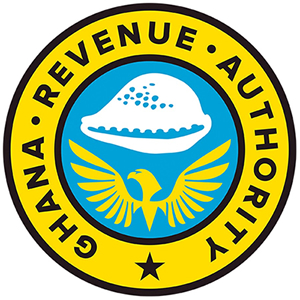Sold vehicles without Custom clearance attract 300% penalty – GRA
 A vehicle sold without proper clearance by the Custom Division of the Ghana Revenue Authority (GRA) attracts the maximum penalty of 300 per cent of its price.
A vehicle sold without proper clearance by the Custom Division of the Ghana Revenue Authority (GRA) attracts the maximum penalty of 300 per cent of its price.
The Custom laws enjoins that the maximum of the 300 per cent of the vehicle price could be imposed on the perpetrator at the prerogative of the Director-General of Custom, Mr Theophilus Okine, Chief Revenue Officer, Custom’s Tema Collection, revealed this to the Ghana News Agency.
Mr Okine was speaking on the sidelines of a day’s workshop to sensitize tax payers from Spintex, Teshie, Nungua, Tema, Ashaiman and its environs on the GRA’s amended Value Added Tax, National Health Insurance Levy and the Ghana Educational Trust Fund acts.
He noted that persons who shipped vehicles into Ghana under the temporal importation regime but sold to unsuspecting people without paying the required Custom taxes would also not be spared.
He explained that such vehicles were allowed into the country after paying a fee at the borders and being granted a Temporal Vehicle Importation (TVI) status which allowed owners of such vehicles to use it for a maximum of three months in Ghana.
He added that even though particulars of such vehicles are taken and entered into the Custom system at the point of entry, some went to the extent of tampering with the chasis number making it difficult for it to be traced to the numbers entered into the system at the borders.
Mr Okine admitted that such activities of vehicle owners made it difficult for such vehicles to be monitored adding that some also entered through unapproved routes making it impossible to have their particulars in the system.
He added that since people were ignorant about the fact that such vehicles must not be disposed of until cleared by Custom, his outfit often carried out snap checks to impound such vehicles in the system.
He also advised prospective vehicle buyers to always check the status of vehicles they want to buy at any Custom office to avoid offending the law.
Touching on the suspense regime given by Custom, he said it was a facility normally given to importers in which duties and taxes on imported commercial items were deferred upon meeting the needed requirements.
The conditions to be met for a suspense regime included importation of a commercial items categorized under perishable, general and raw materials, and obtaining a certificate from Ghana Standard Authority (GSA) and the Food and Drug Authority (FDA) to determine the wholesomeness and standard nature of the items to be received into the Custom bonded warehouse.
Mr Okine added that whereas raw materials could be held at the warehouse for a maximum of 24 months, perishable goods had up to three months to be ex-warehoused.
He noted that accessing the suspension regime allowed importers to have extra capital as they could import more with the money they would have used to pay immediately for the deferred duties and taxes.
They could also make more profit on the goods as they could keep it in the warehouses when the price of the goods were too low and sold at the time of demand had shot up.
Source: GNA
